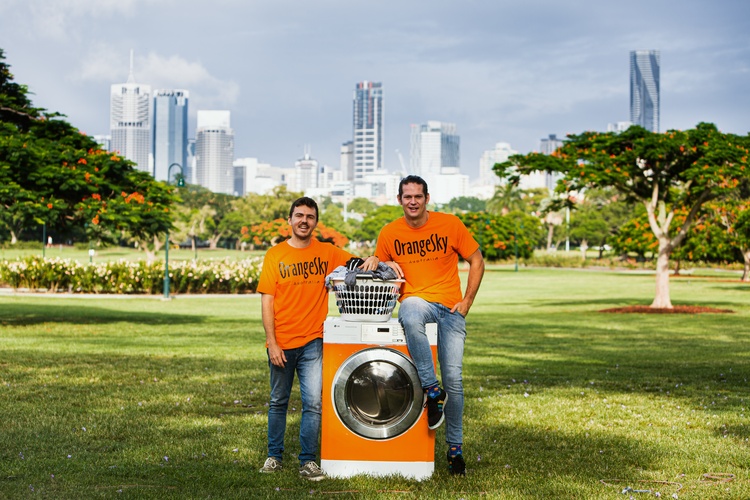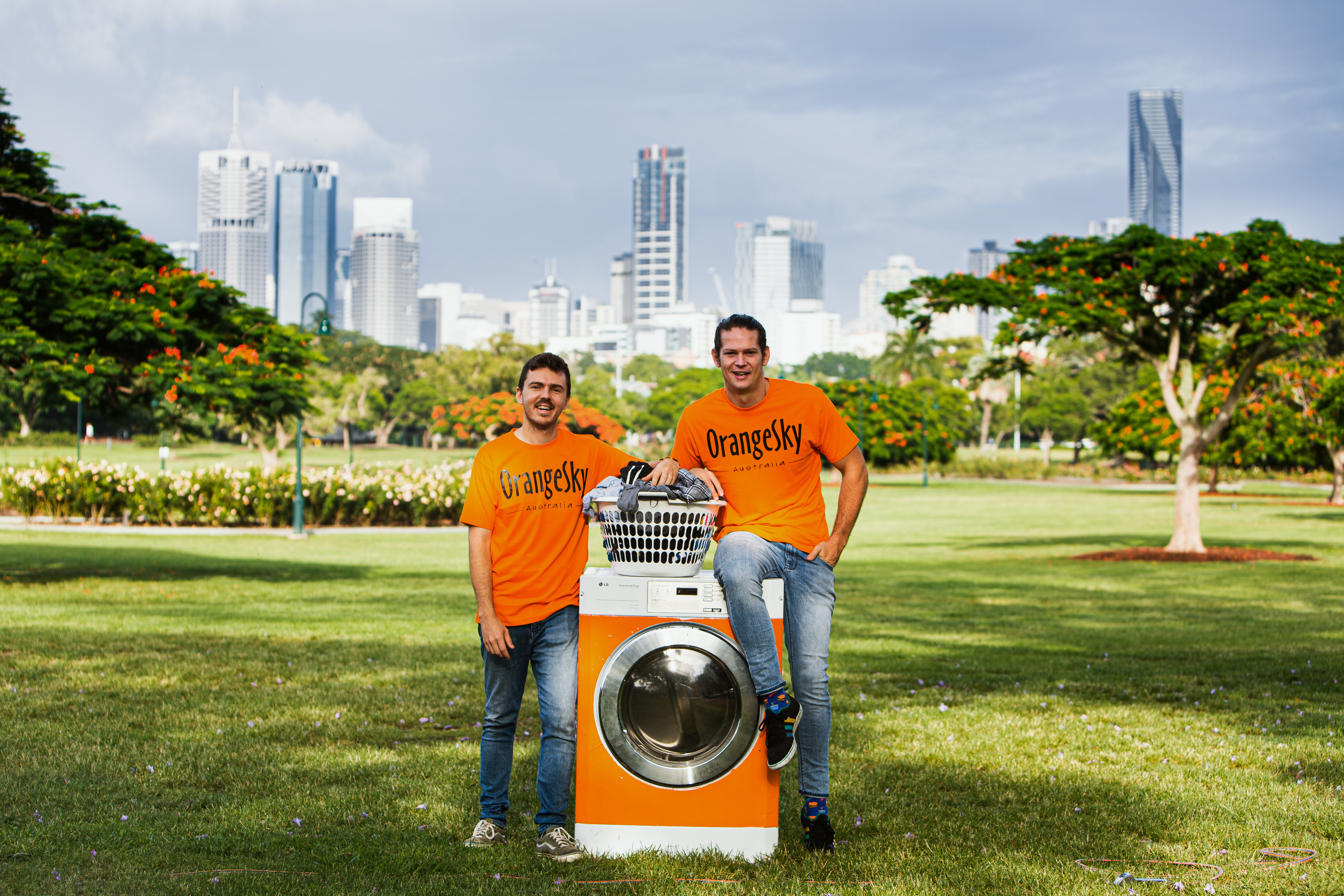While Australians have been told to retreat to the safety of their homes, for some that’s not an option.
In the days before the first coronavirus lockdown took effect, a massive operation was underway in Australia’s capital cities to get thousands of people experiencing homelessness off the streets and into rooms in hotels, motels and empty student accommodation.
In Victoria alone, the state government has invested nearly $25 million in housing and homelessness support to shield those doing it tough from the worst pandemic seen in a century.
Around 2200 people experiencing homelessness, including children, are residing “temporarily” in hotels across the state “on any given night” amid concerns COVID-19 could ravage the vulnerable.
But with more than 116,000 Australians experiencing homelessness – 24,817 of them in Victoria alone – the coronavirus pandemic remains a very real and constant threat.
While thousands of people are dangerously exposed to the virus and its effects, the organisations which serve to support the most vulnerable in our community have also been hit by the pandemic.
One such organisation is Orange Sky Australia, a non-profit that provides a platform for everyday Australians to connect through the world’s first free mobile laundry and shower service.
The organisation’s aim is to create a safe, positive and supportive environment for people who are too often ignored or who feel disconnected from the community.
Orange Sky Australia was founded in a Brisbane garage by two 20-year-old mates, Nic Marchesi and Lucas Patchett.
In late 2014, the pair installed a couple of washing machines and dryers in the back of their old van and visited parks around Brisbane to wash and dry clothes for free.
What started as an idea to improve hygiene standards and restore dignity to people doing it tough has evolved into something much more powerful.
Orange Sky has since expanded to 33 services across the country, from Melbourne to as far as Maningrida in the Northern Territory.
It has also made it across the Tasman Sea, operating two vans in New Zealand.
Since the organisation was established, it has done 1.4 million kilograms of washing.
Most importantly though, Orange Sky volunteers have engaged in 228,504 hours of conversations to date, helping to challenge the perception of homelessness and positively connect communities all around Australia.
“While the laundry and showers are important, the real value and impact we can make lies in the conversations the over 1800 volunteers have each day with our friends [people that use the service],” Marchesi said.

Each van comes with a set of orange chairs, where people can sit and engage in friendly conversation while they wait for their laundry
Due to the pandemic, Orange Sky was forced to suspend its services for a brief but critical period, when they were perhaps more vital than ever.
“It was one of the most difficult decisions we’ve had to make,” Marchesi said.
“Our main responsibility when we paused shifts was to ensure the health, safety and wellbeing of our friends, volunteers, fellow service providers and the general public.”
Having resumed services on April 2, the organisation has turned this extraordinary time into an opportunity for growth.
“We were so proud and inspired by our team who have committed themselves to finding innovative ways to keep the most vulnerable people in our community connected,” Marchesi said.
While services are back up and running – even in Melbourne under its current Stage 3 restrictions – the organisation is operating in an unprecedented time in which the situation is changing on a daily basis.
Marchesi said the pandemic has emphasised the need for collaboration across the charity sector.
“It’s positive to see the not-for-profit sector collaborating during these difficult times to find solutions to support the most vulnerable in the community,” Marchesi said.
“We continue to share processes, systems and communication with the sector as we recognise there’s little information to support this current environment and as everyone discovers new ways to work.
“We’re innovating daily to ensure we can support those in need of our services.”
During this time, the organisation is trialling increased communication with volunteers and the implication of safety measures such as face masks, gloves and social distancing.
In May, Orange Sky introduced its first laundry pod, which houses three washers, three dryers and six orange chairs, where people can sit and engage in friendly conversation while they wait for their laundry.
Orange Sky has grown significantly since its humble beginnings six years ago, but the organisation is always looking ahead and striving to improve.
The next goal is to increase shifts for each van and utilise technology to support volunteer management across the entire charity sector.
“Data is important for us to be able to grow and operate,” Marchesi said.
Orange Sky has built an app, called Campfire, which helps organisations find, manage and roster volunteers.
Several local charities are already using the app, including Sunny Street, Footpath Library, Dig In, Make A Difference and We Are Community.
“The app’s free for organisations with fewer than 25 employees at the moment, with the overall pricing system based on the outcomes individual organisations can achieve by using the technology,” Marchesi said.
“All proceeds are reinvested into Campfire’s development to increase the social impact on communities.”
Orange Sky is also gearing up for the second edition of its fundraising campaign, The Sudsy Challenge, to be held in September.
During the challenge, participants wear the same outfit for three days with the aim of sparking conversation around homelessness and raising money to ensure everyone has access to clean clothes, a hot shower and genuine conversation.
With the number of people experiencing homelessness predicted to increase due to the effects of coronavirus all over the country, Orange Sky is working tirelessly to ensure these people aren’t forgotten during – or after – the crisis.
“This time has reminded us about the importance of keeping our community safe, as well as the care and compassion of the people around us,” Marchesi concluded.
“There’s still a lot of uncertainty at the moment and we’re committed to making sure our volunteers can do what they do best: provide a simple service and connect people doing it tough with a genuine conversation.”












